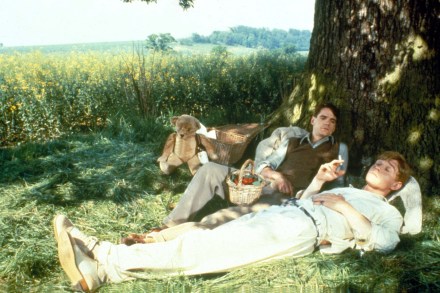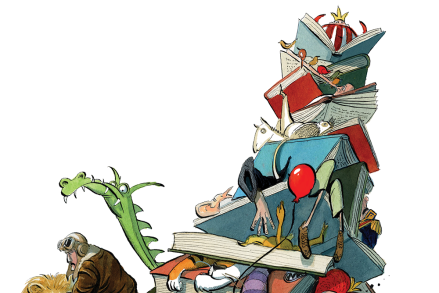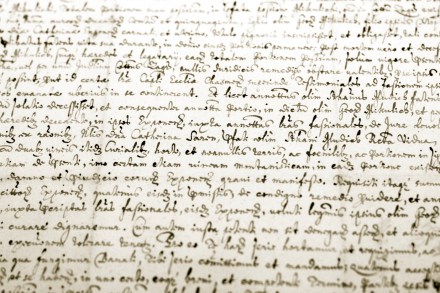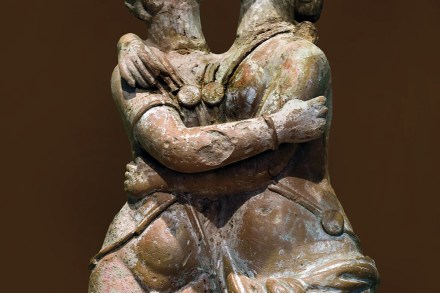William Atkinson, Andreas Roth, Philip Womack, Mary Wakefield & Muriel Zagha
35 min listen
On this week’s Spectator Out Loud: William Atkinson reveals his teenage brush with a micropenis; Andreas Roth bemoans the dumbing down of German education; Philip Womack wonders how the hyphen turned political; Mary Wakefield questions the latest AI horror story – digitising dead relatives; and, Muriel Zagha celebrates Powell & Pressburger’s I Know Where I’m Going! Produced




















